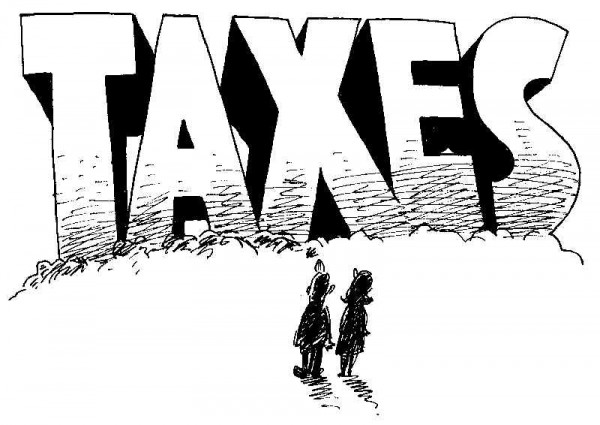TIME BOMB: $3.4 trillion pension funding shortfall threatens to bankrupt cities and leave millions shortchanged
04/13/2016 / By usafeaturesmedia

(BigGovernment.news) U.S. public pension systems throughout the nation face a mindboggling $3.4 trillion funding deficit that is putting tremendous financial pressure on cities and states to either dramatically cut back on spending and services or raise taxes big time in order to avoid bankruptcies and defaults.
As reported by the Financial Times, academic research shared with the news publication shows the collective funding shortfall in U.S. public pensions is likely three times larger than official figures show, and the deficit is getting larger.
“It has been clear for years that many cities and states are critically underfunding their pension programs and hiding the fiscal holes with accounting tricks,” said U.S. Rep. Devin Nunes, R-Calif.
Nunes introduced legislation in the House in March that would require an overhaul of how public pension plans report their figures.
“When these pension funds go insolvent, they will create problems so disastrous that the fund officials assume the federal government will have to bail them out,” he said, as reported by FT.com
Major shortfalls in pension funding have already lead a number of U.S. cities – most notably Detroit – to file for bankruptcy protection. San Bernardino and other cities in California have also had to file, and the fear is many more will soon be insolvent thanks to severely underfunded pension plans.
Hoover Institution Senior Fellow Joshua Rauh, a professor of finance at the Stanford University Graduate School of Business conducted the pension study, noting: “The pension problems are threatening to consume state and local budgets in the absence of some major changes.
“It is quite likely that over a five to 10-year horizon we are going to see more bankruptcies of cities where the unfunded pension liabilities will play a large role,” he added.
He said the study found that Illinois, Ohio, Nevada and Arizona, along with U.S. cities including Chicago, Dallas, El Paso, and Houston all have large pension deficits compared to revenues.
To deal with the funding shortfalls, cities and states will have to boost contributions to pension funds, and they’ll have to get the money by cutting services, raising taxes or, more likely, both. FT.com noted that Prof. Olivia Mitchell of the Wharton School at the University of Pennsylvania said in March that the U.S. public pension system faces “grave difficulties.”
“I do believe that U.S. cities and towns will continue to suffer, and there will be additional bankruptcies following the examples of Detroit,” she noted.
States and local governments currently contribute 7.3 percent of revenues to public funds, but many will have to bolster contributions by more than 10 percent. Some will need increases of 20 percent and Nevada, according to the study, will need to boost its contributions by 40 percent to avoid insolvency.
A slowdown in economic activity is largely to blame for the overall pension deficits. In Detroit’s case, it was a dramatic lose of tax base and revenue when the automobile industry collapsed. Promised pensions were based on revenue models that have not existed for decades, leading to a collapse in finances and public services.
See also:
BigGovernment.news is part of the USA Features Media network.
Tagged Under: bankruptcy, pension funds




















